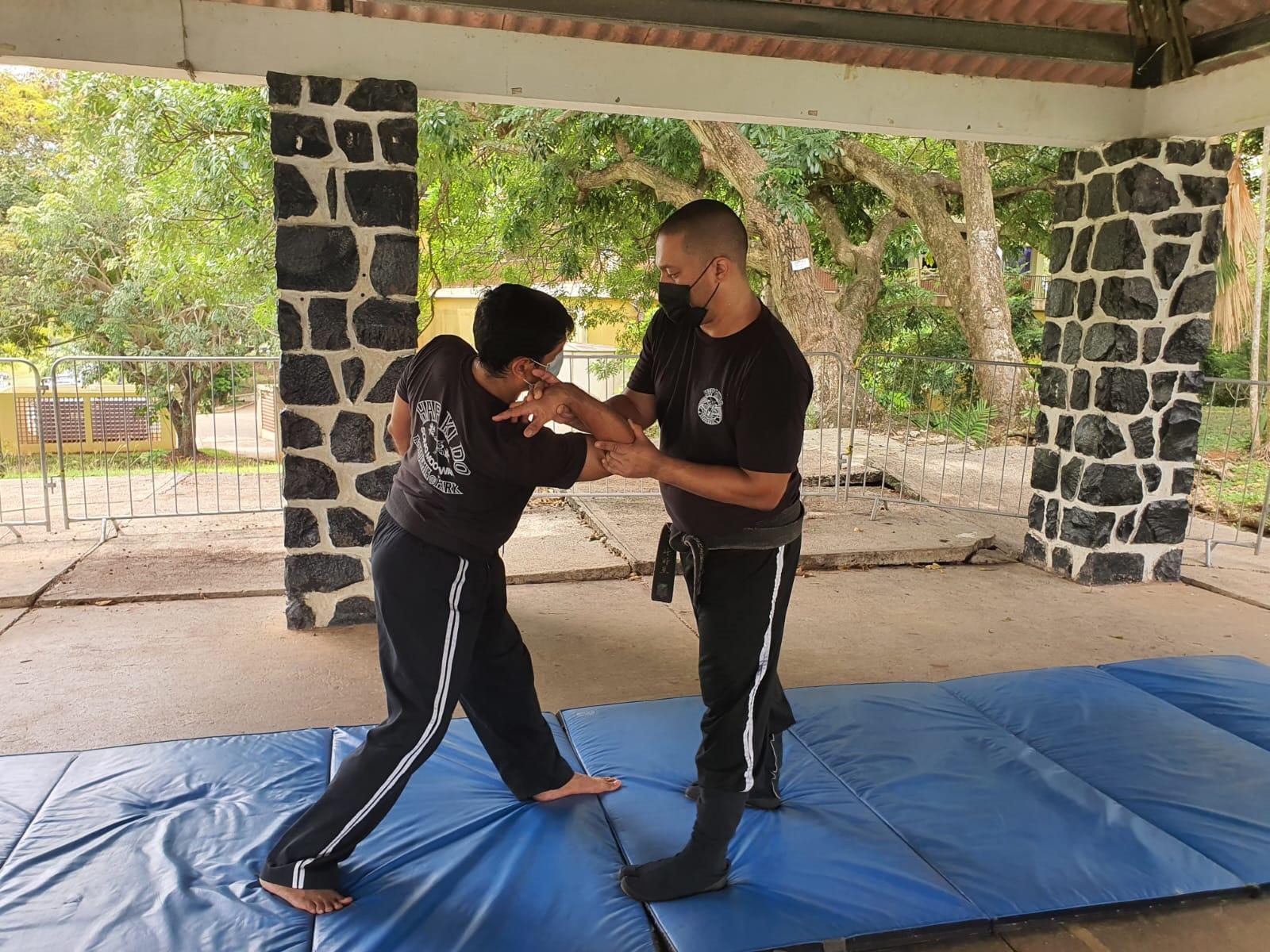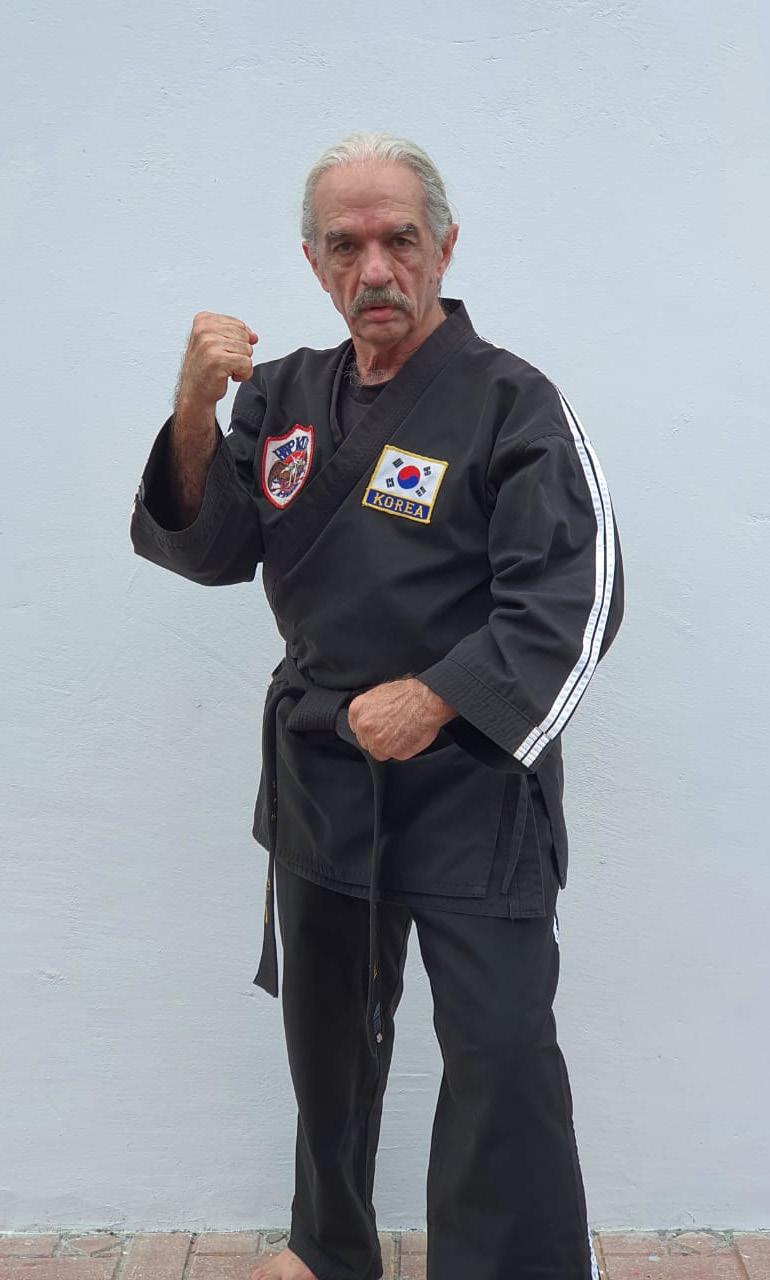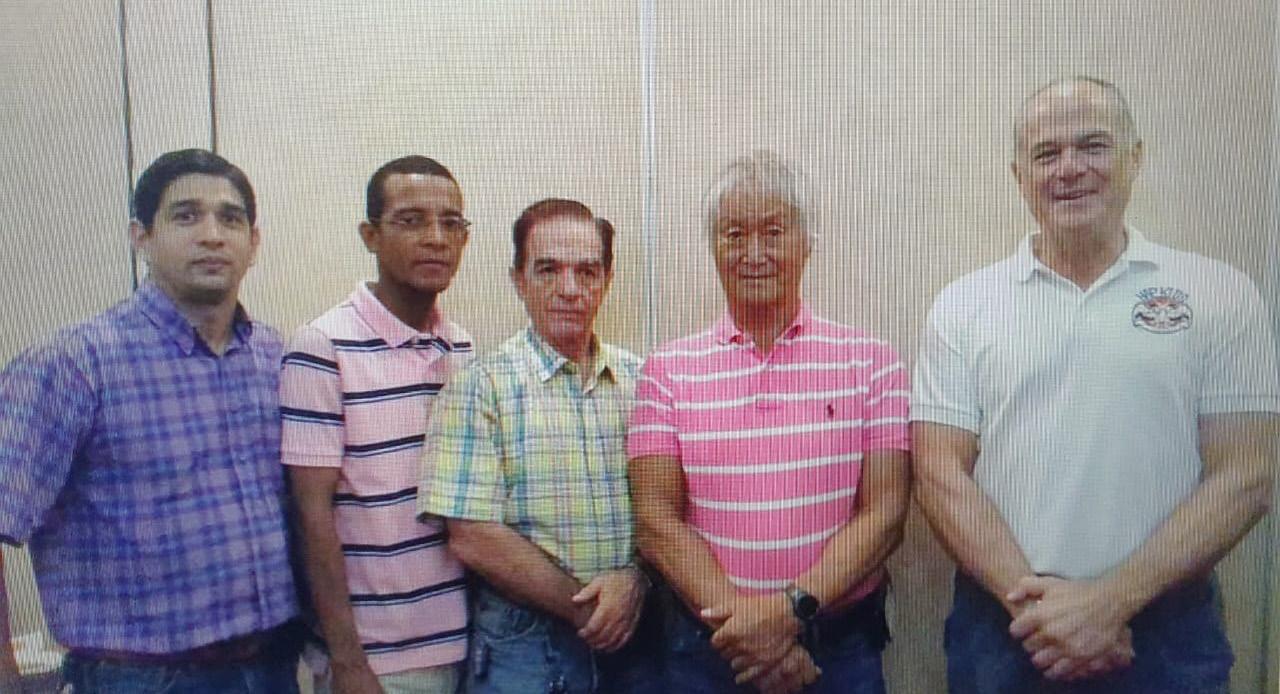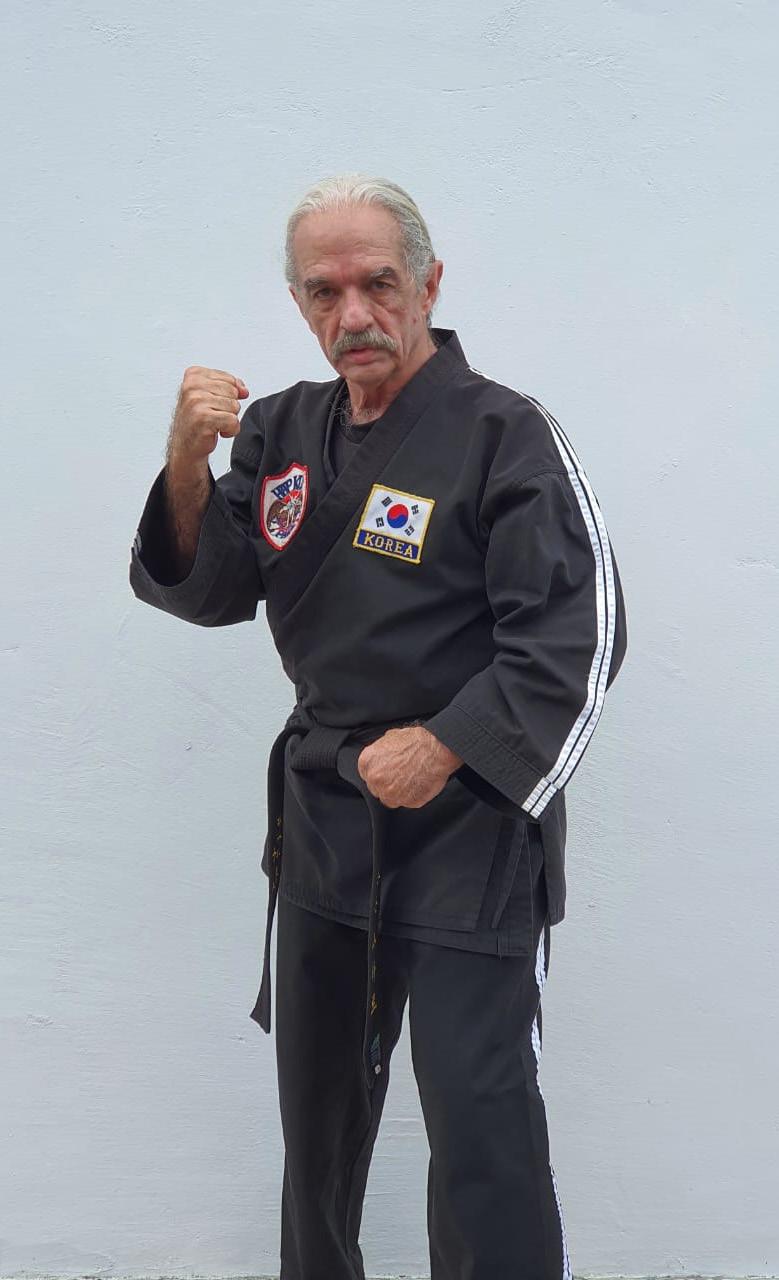
5 minute read
HOW MUCH SHOULD A TEACHER ACCEPT DOUBTS... SBN Ramón Navarro
Sbn Ramón Navarro
Advertisement
How Much Should a Teacher Accept Doubts or Questionings from a Student? I am SabomNim Ramon Navarro 6th Dan of the International Song Moo Kwan HapKiDo Federation is its Technical Director based in the Republic of Panama that we are expanding this Korean martial art in the American continent so if you want to work with a serious organization and are willing to work whatever it takes, we are here to grow. HAP I greet all those who read us normally and those who read us for the first time. Additionally, it helps not only the topics but also the magazine to spread throughout the American continent. I greet you all and I wish you well as well as your family and students as friends. Support by spreading the word of this project, since we have been disseminating various topics for a year and 6 months now, thank you. It is commented: when I learned, that was from the old school or that this is what is learned, but you do not know how it was at the beginning of that teaching when this martial art began to be taught in your area or community. The thing is that all of the old school lived that what is learned is never questioned to the teacher about his teaching and if any student asked why something was answered that is how we were taught and that is how you have to learn it. It is said that the worst question is the one that is not asked and depending on the question or doubt that the student has, they can be answered, and when they have that answer, I will give it to you. It is not necessary to see oneself as the one who has everything that is needed in our martial art and it is better to tell the student that this question is not asked and that everything that must be known is what is learned. That if you have any intrigue in the form of doubt, it is because you are doing something that you are not doing well. No martial art was created by God, it was created by a human being so it is not perfect and each martial art is focused in a certain way that depends on the environment and the nature of its area is how the action of that martial art is focused. There are things that, depending on the martial art, are Japanese with punches and kicks such as Karate or Korean styles such as TaeKwonDo, TangSooDo or HapKiDo or any of the versions that come out of HapKiDo regardless of its name or styles of Chinese martial art or KungFu. None is perfect and the vast majority focus on how that martial

art is known to be hard or soft. Hard like Karate, TaeKwonDo, TangSooDo or HapKiDo as well as ChaoLin ChuanFa or soft ones called internal JuDo, be it JuJutsu, Korean YuDo or TaiChi Chuan, PaKua Chuan etc. In the West it is hard Boxing and soft is Wrestling. The truth is that I think any student will ask questions, and well, I also think there are valid questions and questions that are irrelevant. How to know the difference? A question will depend on the seriousness of the student, because if he is a student who is looking for the cat's 5th leg, he can tell him to look for it on the internet and that he will find more answers than the one I can give him, of course, without disrespectful blackening a A person, no matter how stupid he or she is, is not worth it, but you can talk in private and guide that student. Also, and knowing his students, the Master or Instructor can know if it is a question or intrigue from a serious student, he can be given an answer or say "I do not have an answer for you, but give me a few days and I will find it and I will give it to you." This attitude of the Master will make that student have more trust with his Master. This is important as students should not question their Master whether it is Sensei, Shifu or SabomNim. This was the old way, well, there is nothing old about it, I believe that the Teacher does not have an answer or does not know how to give a valid answer to his student and he answers like this unless it is part of the pride with which this teacher learned and he will have to answer this to your student. Can I be wrong? Yes. Even if that person, as a teacher, sees that this student asks a lot, he should be guided that it is good to investigate, that is, that he be taught how to fish, not that he be given the fish, because if at some point he does not have his teacher, this student will feel lost. Like what is the martial subject regarding the history of his martial art as well as his martial philosophy or the spiritual part and it would be good to teach all these aspects to all the students of his Academy. This is necessary? Not really, but the great truth is that if you already know your present and knowing the past then you will be able to know your future. Once again, the important thing is the example provided by that teacher, that if it is based on righteousness, honor and discipline, then the future of his style will almost certainly have the due future. The "due future" is that of a school that its students, when they reach the stages of instructor or teacher, will not steal or cheat their students in the main thing, which is that that instructor or teacher does not turn their school into one where they sell the ranks over stages of black belt. What would cause this? The one that does not transform this school into the well-known McDojo.












